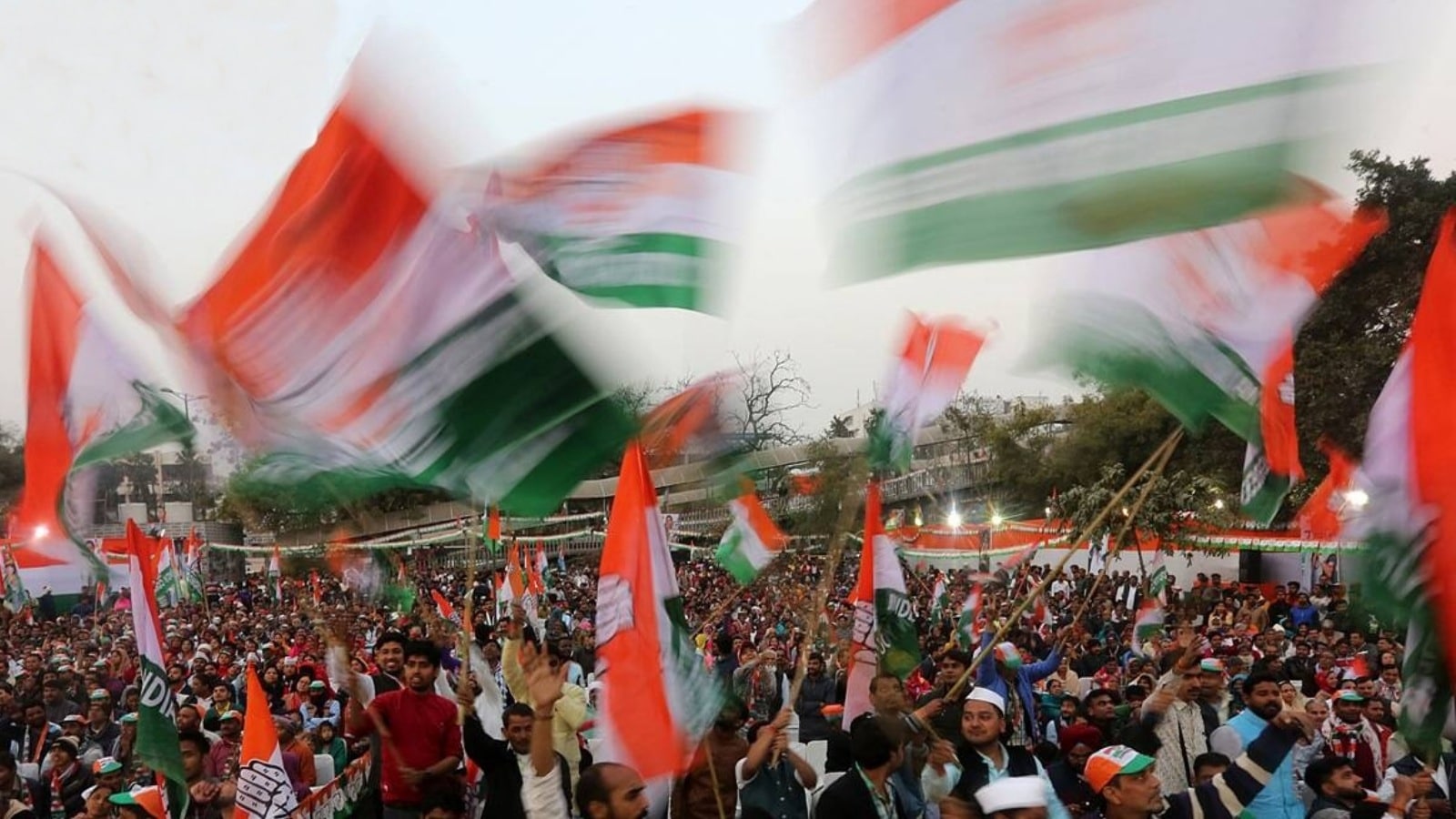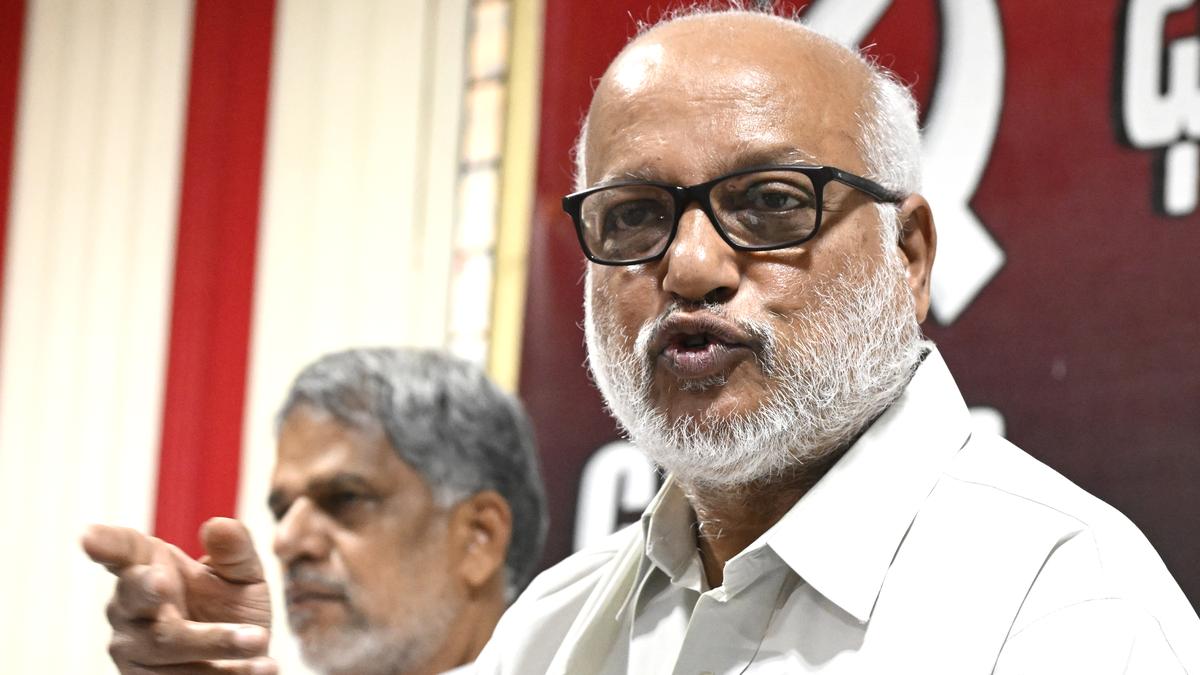Industries Minister P. Rajeeve on Wednesday unveiled three policies — Kerala Export Promotion Policy; Kerala Logistics Policy; and Kerala Environmental, Social, and Governance (ESG) Policy as well as the Kerala Hi-Tech Framework, aimed at transforming the industries sector in the State by positioning it an attractive destination for sustainable initiatives.
The Export Promotion Policy focusses on stepping up exports by linking the industries in the State to global value chains. Mr. Rajeeve said that despite the short-term setbacks due to the tariffs imposed by the U.S., the new policy will give a fillip to the target of netting $20 billion in exports by 2027-28 by diversifying of exports, skill development and brand building under the ‘Made in Kerala’ brand.
A multi-tier facilitation structure will be established comprising a State Export Promotion Committee, District Export Promotion Committees, and a State Export Facilitation Desk. Some of the incentives promised include 25% subsidy (up to ₹1 crore) will be provided for export-oriented facilities such as cold storage, warehousing, and testing labs and 50% reimbursement of logistics costs.
The ESG policy has been formulated on the basis of the assessment that environmental friendly and relatively low-polluting industries are suitable for the State’s industrial ecosystem. Mr. Rajeeve said that Kerala is the first State to implement a comprehensive ESG policy.
Tax exemptions
Tax exemptions, subsidies, loan concessions and start-up incubation support will be will be ensured to encourage the implementation of ESG principles. The policy aims to achieve complete renewable energy use by 2040 and carbon neutrality by 2050.
Investments will be made in solar parks, floating solar, wind farms, hydroelectric plants, and biomass projects. As much as 25% capital subsidy (up to ₹1 crore) will be provided for installation of renewable energy systems, waste recycling plants or water treatment facilities in industrial units.
Logistics hub
The Logistics Policy aims at turning the State into a high-efficiency, multimodal logistics hub, supporting manufacturing, exports and domestic commerce. It also focusses on tapping into the opportunities thrown up by the Vizhinjam seaport.
Mr. Rajeeve said that the work on the Sharaf Group’s logistics park near Vizhinjam was in the final phase. Proposed Integrated Logistics Parks in Ernakulam, Palakkad, Thiruvananthapuram, and Kozhikode will cater to port-based, manufacturing, and export-linked industries.
The policy aims to reduce logistics costs to below 10% of GSDP through a coordinated, technology-enabled approach.
The Hi-Tech Framework will be the blueprint for developing the State’s manufacturing and innovation ecosystem. The framework identifies sunrise sectors with global growth potential - including semiconductors, electronics system design and manufacturing (ESDM), biotechnology and life sciences, aerospace and defence, medical devices, robotics, nanotechnology, and advanced materials.

 8 hours ago
2
8 hours ago
2








 English (US) ·
English (US) ·